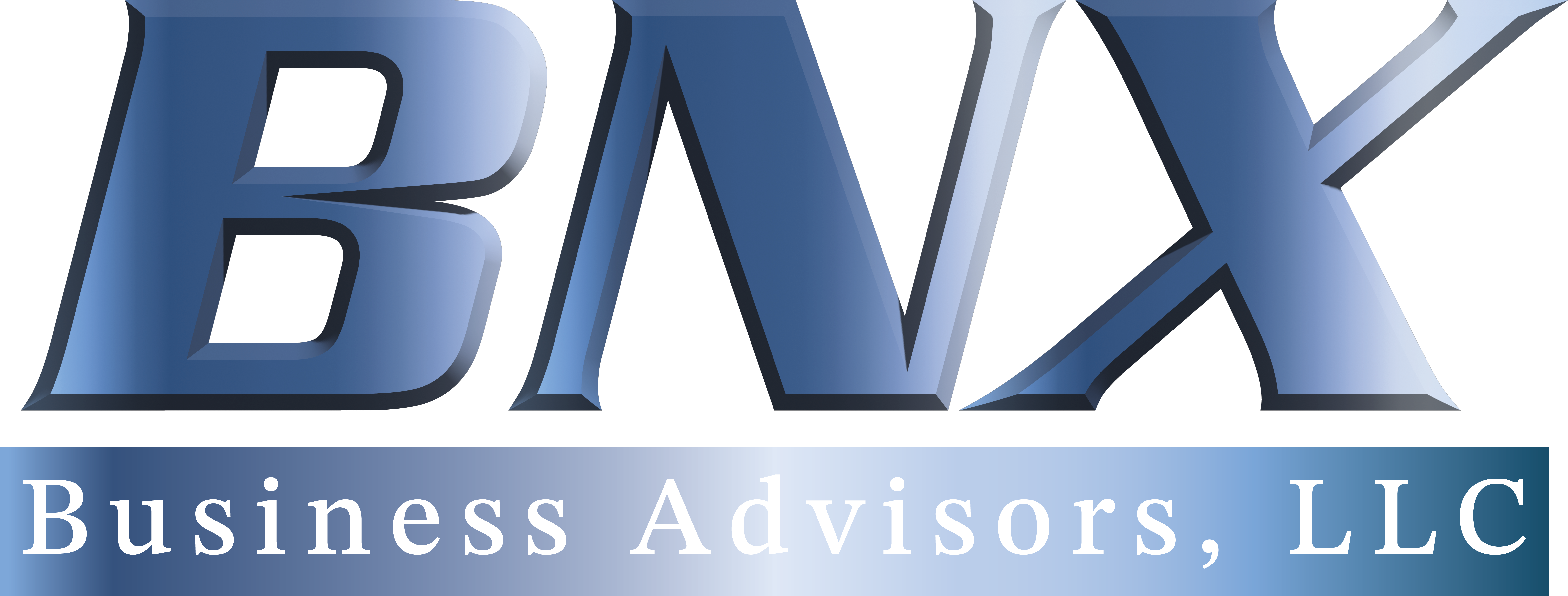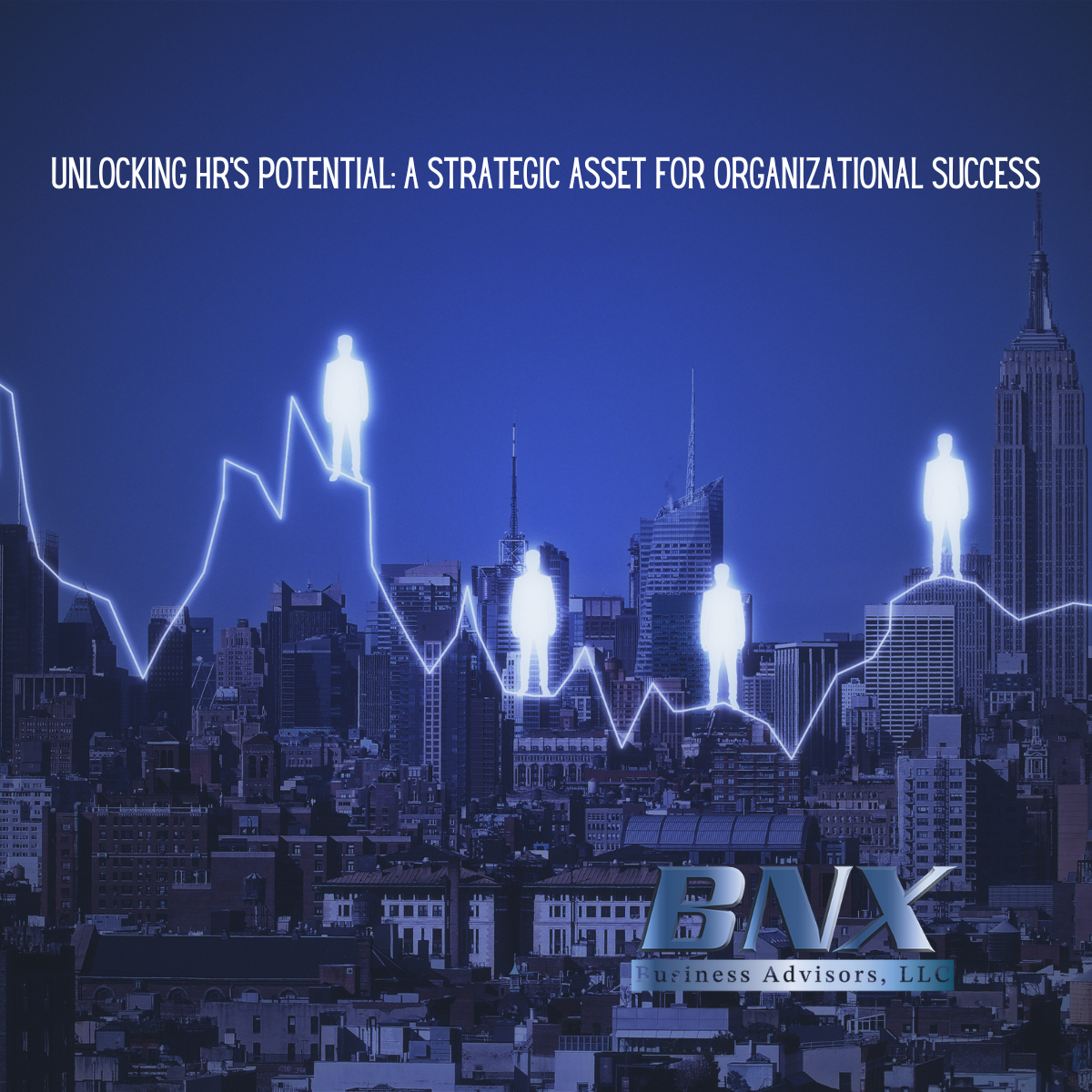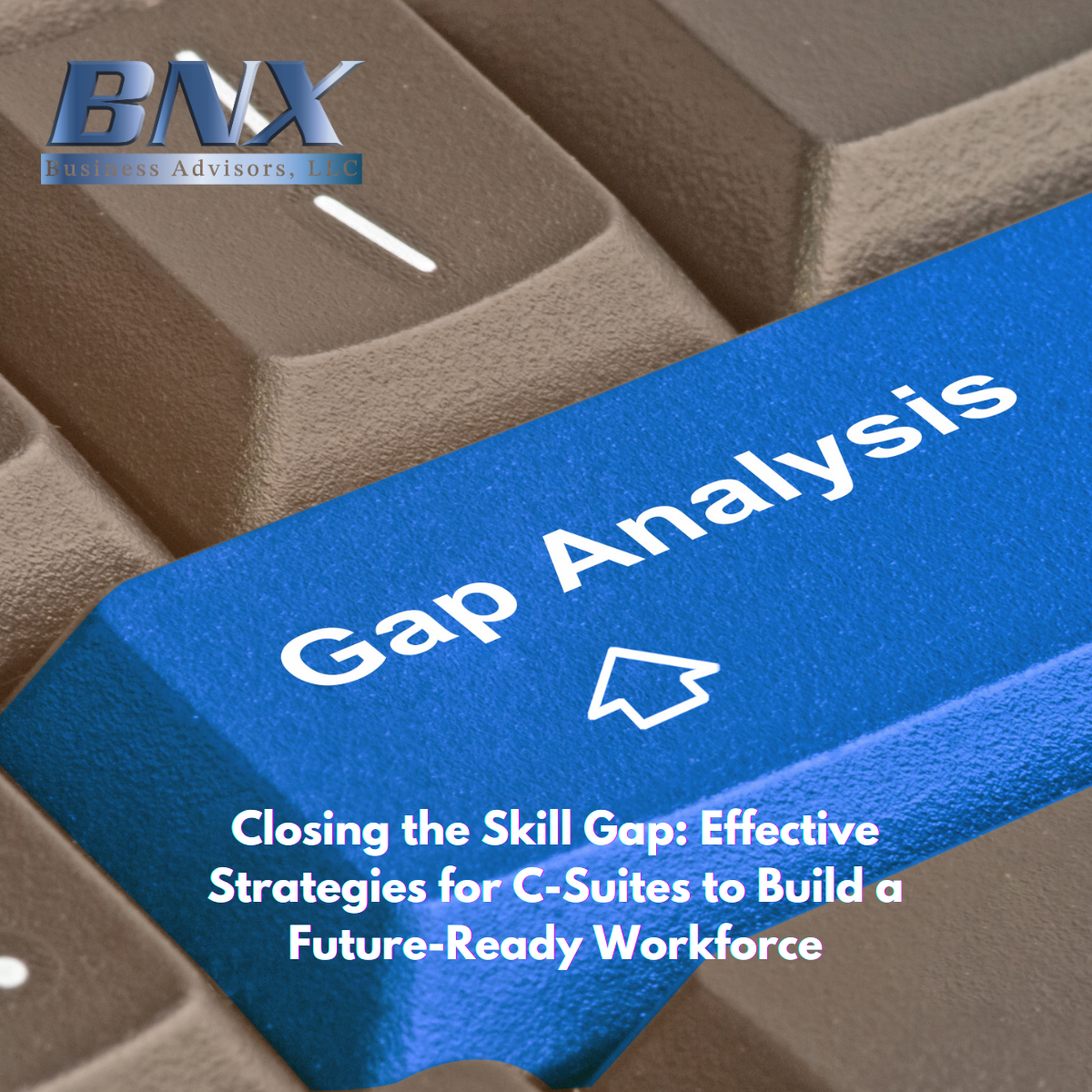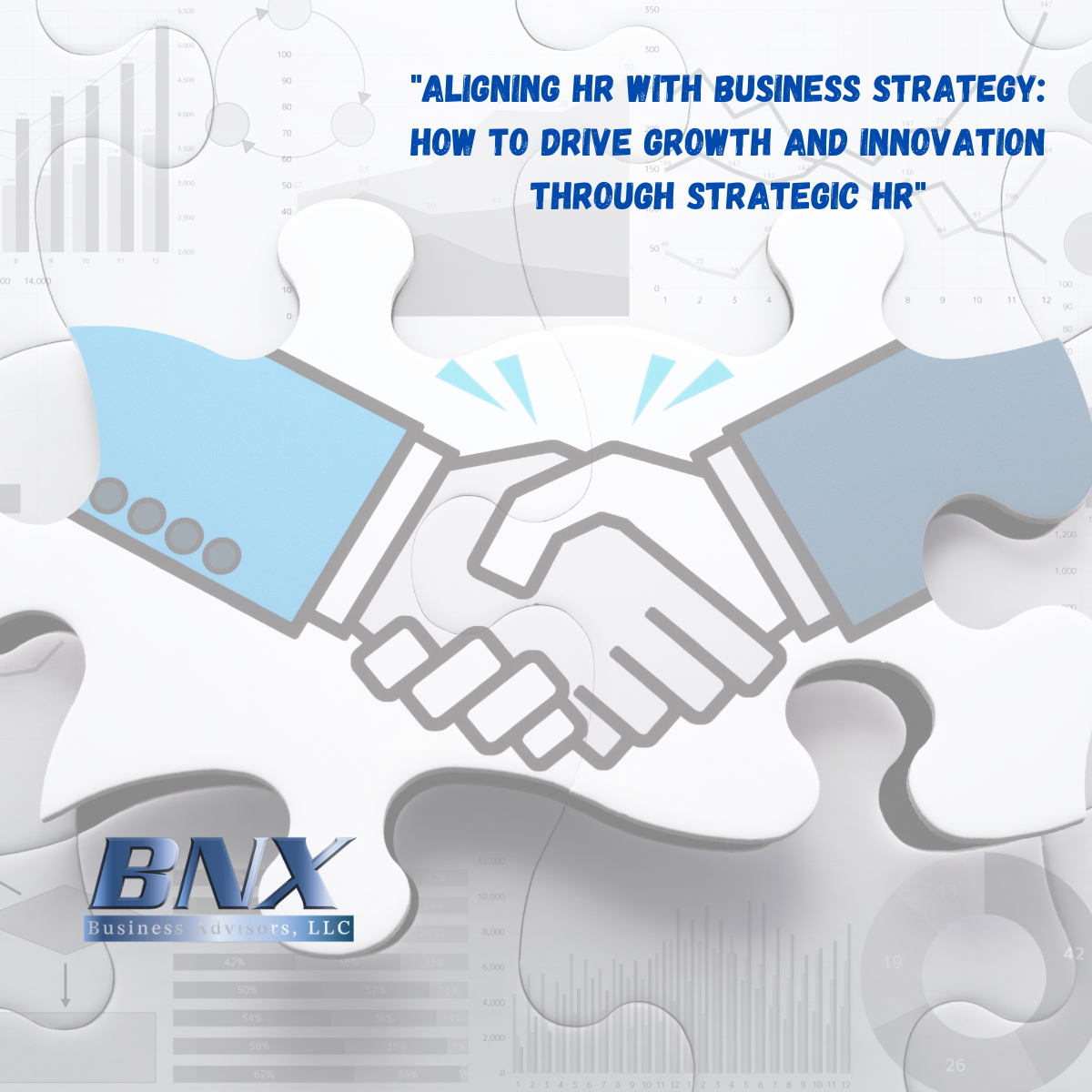The Executive Blind Spot: Your Roadmap to Thriving in 2025
What does it take to grow and thrive in 2025? Beyond market strategies and technological advancements, it requires a deep understanding of yourself as a leader. The Executive Blind Spot is more than a book; it’s a roadmap to transformative leadership. Key Takeaways from the Book: Why 2025 is the Year to Address Blind Spots: […]
How Addressing Executive Blind Spots Drives Positive Business Growth in 2025
In today’s rapidly evolving business landscape, the greatest threats to growth often stem from within—specifically, from unrecognized executive blind spots. These unseen challenges can hinder decision-making, stifle innovation, and impede organizational progress. Addressing these blind spots is crucial for leaders aiming to drive sustainable business growth in 2025 and beyond. Understanding Executive Blind Spots Executive […]
Unmasking the Executive Blind Spots: The Hidden Challenges Leaders Face in 2025
Understanding Executive Blind Spots Executive blind spots are unconscious biases or gaps in awareness that affect leadership judgment. They can stem from overconfidence, limited perspectives, or resistance to change, leading to missed opportunities and organizational pitfalls. Recognizing these blind spots is the first step toward mitigating their impact. The Hidden Challenges Leaders Face in 2025 […]
Unlocking HR’s Greatest Potential: Aligning HR with Business Strategy
Aligning Human Resources (HR) with business strategy is crucial for organizational success. This integration ensures that HR practices support and drive company objectives, leading to enhanced performance, employee engagement, and a competitive edge. In this comprehensive guide, we’ll explore the importance of aligning HR with business strategy, steps to achieve this alignment, and address common […]
Empowering Economic Development Organizations: Hosting Innovative HR Programs for Small Businesses:
Small businesses serve as the backbone of local communities, driving innovation, employment, and economic growth. However, many of these enterprises face challenges in establishing robust Human Resources (HR) frameworks, often due to limited resources or expertise. Recognizing this critical need, economic development organizations (EDOs), such as chambers of commerce and governmental entities, play a pivotal […]
Leadership Compass Signature Program: Your Guide to Transformative C-Suite Leadership
In today’s rapidly evolving business environment, the role of C-suite executives has never been more complex—or more critical. Leaders at the top aren’t just responsible for guiding their organizations toward growth; they’re tasked with ensuring resilience, fostering innovation, and setting a cultural tone that will sustain the organization in times of change. However, the skills […]
Closing the Skill Gap: Effective Strategies for C-Suites to Build a Future-Ready Workforce
Understanding the Skill Gap and Its Impact on Organizations In today’s fast-paced business landscape, skill gaps have become a pressing issue for organizations striving to maintain a competitive edge. Studies show that over 70% of C-suite leaders believe that skill gaps within their teams negatively impact their organization’s overall performance and growth. The challenge for […]
Respect First Workplace: Building an Inclusive Workplace Culture
Respect First Workplace: Building a Resilient, Inclusive Workplace Culture from the Top Down In today’s competitive and globalized business environment, building an inclusive, respectful workplace is no longer optional—it’s essential. For any company that seeks sustained growth, innovation, and a positive reputation, a strong commitment to Diversity, Equity, and Inclusion (DEI) is critical. And this […]
How to Drive Growth and Innovation through Strategic HR: Aligning HR with Business Strategy
The Importance of Strategic HR Alignment For any organization to thrive in today’s fast-paced business landscape, HR must go beyond administrative functions and align closely with business strategy. When HR is strategically aligned, it supports growth, innovation, and resilience, making it a core driver of the company’s success. However, achieving alignment isn’t always straightforward, and […]
Lead Forward Signature Program: The Ultimate Leadership Development Solution for C-Suite Executives
Lead Forward: Empowering C-Suite Executives to Cultivate Next-Generation Leaders In today’s dynamic business landscape, an organization’s success hinges on developing adaptable, resilient, and forward-thinking leaders. C-suite executives face the challenge of building a strong leadership pipeline to steer their organizations through complexity and change. Enter the Lead Forward Signature Program—a tailored, results-driven leadership development initiative […]
Build and Maintain the Best High-Trust Workplace: The New Foundation of Employee Engagement
In today’s fast-paced business world, building and keeping a high-trust workplace is essential for success. Trust is the bedrock upon which employee engagement, productivity, and loyalty are built. A high-trust environment empowers teams to collaborate effectively, innovate fearlessly, and invest emotionally in the company’s success. We must be deliberate in fostering trust, ensuring transparency, and […]
Transforming Conflict into Collaboration: Introducing Team Conflict Resolution Strategies
Team conflict resolution strategies are the key to a productive environment. Conflict is an inevitable aspect of any workplace, especially in diverse teams where different perspectives, experiences, and personalities come into play. While conflicts can be challenging, they also present an opportunity for growth and improvement. We will explore how effectively navigating disputes can lead […]
Launching Innovative Resistance to Change Strategies in Organizational Development
Resistance to change is one of the most significant challenges in Organizational Development. HR consultants and business owners must be equipped with strategies to overcome this resistance and ensure the success of OD initiatives. Introduction Change is an inevitable aspect of organizational growth and development. However, resistance to change often poses significant challenges, hindering progress […]
Effective Strategies for HR Consultants: Navigating Organizational Conflict with Confidence Today
Organizational Conflict is an inevitable part of any Organizational Change process. For HR consultants and business owners, effectively navigating conflict is crucial for ensuring the success of OD initiatives. hile some conflicts can stimulate innovation and growth, unresolved or poorly managed disputes can lead to decreased productivity, low morale, and employee turnover. Human Resources (HR) […]
Aligning Organizational Culture: Exposing the Undeniable Role of Core Values and Practices in Development
Aligning organizational culture with core values and practices is crucial for sustainable success. A well-aligned culture not only fosters employee engagement but also drives performance and innovation. This article explores the significance of organizational culture alignment and offers strategies to achieve it. Culture plays a pivotal role in the success of Organizational Development initiatives. HR […]
Creating a Positive Workplace Culture: Tips and Best Practices
Learn how to create a positive workplace culture with tips and best practices from BNX Business Advisors. Enhance employee satisfaction and productivity
Supporting Women-Owned Businesses: HR Strategies for Supplier Diversity
In today’s business landscape, diversity and inclusion aren’t just buzzwords; they’re essential components of a thriving company culture and a key driver of success. Among the various facets of diversity, supporting women-owned businesses has gained significant attention in recent years. As organizations increasingly recognize the value of supplier diversity, human resources (HR) departments play a pivotal role in implementing strategies to foster partnerships with women entrepreneurs. In this blog post, we’ll explore why supporting women-owned businesses is crucial, the benefits it brings to companies, and effective HR strategies for promoting supplier diversity.
Building Bridges: How HR Bridges the Gap in Mergers
In the ever-evolving landscape of business, mergers and acquisitions (M&A) have become a common strategy for growth and expansion. These corporate marriages hold promises of synergy, increased market share, and amplified competitiveness. However, behind the scenes, mergers are intricate affairs, fraught with challenges ranging from cultural clashes to logistical nightmares. Amidst this tumultuous terrain, one department emerges as the linchpin for success: Human Resources (HR).
Beyond the Numbers: HR’s Human-Centric Approach to Mergers
In the fast-paced world of business, mergers and acquisitions (M&A) have become a common strategy for growth and expansion. While the financial aspects of these transactions often take center stage, it’s essential not to overlook the human element involved. Human Resources (HR) departments play a critical role in ensuring the success of mergers by taking a human-centric approach that goes beyond the numbers.
Redefining Roles: HR’s Evolution in Post-Merger Environments
In the fast-paced world of business, mergers and acquisitions have become a common strategy for growth and expansion. While these corporate unions promise synergies and increased market share, they also present a myriad of challenges, particularly in the realm of human resources (HR). In the wake of such transformations, HR professionals find themselves at the forefront of redefining roles and navigating the complexities of merging organizational cultures, systems, and workforce dynamics.
Behind the Scenes: HR’s Crucial Role in Mergers
In the fast-paced world of business, mergers and acquisitions (M&A) are common occurrences. Whether driven by strategic expansion, market consolidation, or financial restructuring, these corporate marriages often dominate headlines. While the focus typically revolves around financial figures, market share, and synergy potential, there’s a crucial yet often overlooked aspect that can make or break the success of a merger: Human Resources (HR).
Navigating the HR Maze: A Guide to Mergers and Due Diligence
Mergers and acquisitions (M&A) are like navigating a labyrinth – a complex maze where every turn presents a new challenge. Amidst the excitement and potential for growth, there lies a crucial yet often overlooked aspect: Human Resources. In the whirlwind of deal-making, HR can be sidelined, leading to significant pitfalls and challenges post-merger. But fear not! With thorough due diligence and strategic planning, you can successfully navigate the HR maze of mergers. So, grab your compass, and let’s embark on this journey together.
Charting the Course: HR’s Roadmap for Post-Merger Integration
Mergers and acquisitions (M&A) can be exhilarating for companies seeking growth and expansion. However, behind the scenes, there’s a whirlwind of activity as different organizational cultures, processes, and systems collide. Among the key players in navigating this complex terrain is the Human Resources (HR) department. With its expertise in managing people and organizational dynamics, HR becomes the linchpin for successful post-merger integration. In this blog, we’ll delve into HR’s crucial role in charting the course for post-merger integration and outline a comprehensive roadmap for success.
Navigating Mergers: The Critical Role of HR in Smooth Transitions
Mergers and acquisitions (M&A) have become a common strategy for businesses aiming to expand their market presence, diversify their offerings, or achieve operational synergies. While these mergers hold promise for growth and increased competitiveness, they also bring about significant challenges, particularly in managing the transition period. Amidst the myriad of tasks involved in merging two entities, human resources (HR) plays a pivotal role in ensuring a smooth transition. In this tutorial, we will delve into the critical role of HR in navigating mergers, offering practical strategies and insights for successful integration.
























